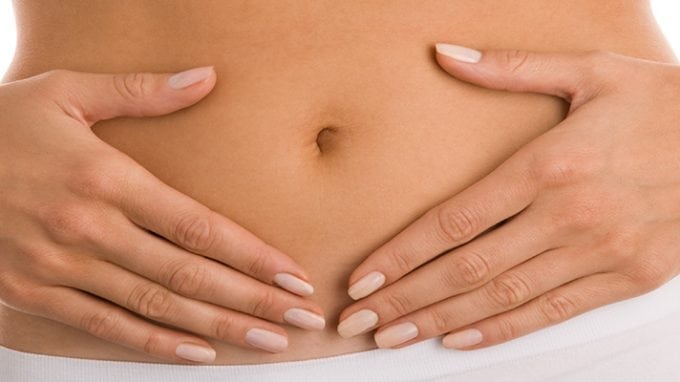Whether you’re seeking professional fertility counseling or would simply like to consider having a family one day soon, there are a number of factors to consider. Yes, fertility drug regimens can increase your chances, but so can maintaining the right kind of good health in both yourself and your partner. Reducing oxidative stress and keeping an eye on reactive oxygen species (ROS) production can actually improve your overall chances of becoming new parents. But what are these seemingly cryptic medical terms and what do they have to do with you? Below, we’ll talk about what you need to know, how these stressors can impact fertility and steps you can take to improve your health.
Reactive Oxygen Species (ROS)
Healthier Bodies and Fertility
Healthy Diet

Good Fats, Bad Fats
Be Active and Maintain a Healthy Body Mass






